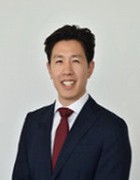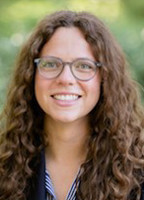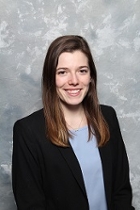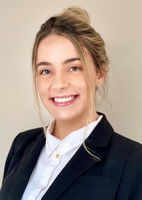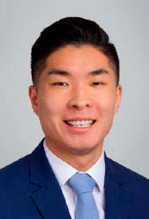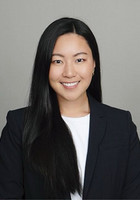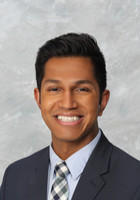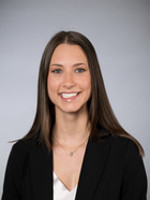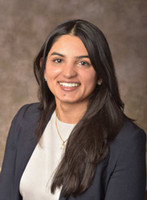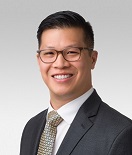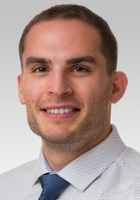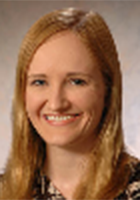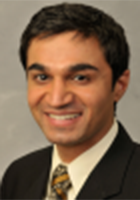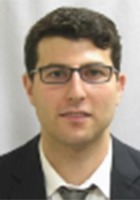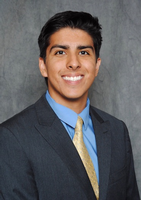7/1/2012-6/30/2019
Review his scholarly activity
Why did you choose Northwestern?
I chose Northwestern primarily for the historically excellent and well-known vascular surgery training program. As I enter my last of seven years as a trainee here, I have become even more confident that it was the right program for me. Northwestern offers a large volume of broad clinical experience, through which it demands clinical and academic excellence. The accomplished faculty leading us inspire collegial relationships throughout our division and the entire hospital. Furthermore, NMH is located at the heart of a fantastic city.
What is your vascular area of interest?
I am interested in practicing the breadth of clinical vascular surgery from complex aortic reconstruction, to lower extremity PAD, cerebrovascular disease, venous and lymphatic disease, vascular medicine and critical care. I am interested in the development and implementation of novel technology for the care of vascular patients in collaboration with basic and translational scientists. In addition to my vascular pursuits, I plan to optimize health care systems to maximize efficiency for the care of complex patients.
What is the best part of your training program?
The best part of the NMH Vascular surgery training program is the people. The closely-working faculty, trainees, nurses and OR staff form a tight-knit group that work well together and promote continual growth of our knowledge base and skill set. As a team, we work tirelessly and enthusiastically, while being fully committed to providing excellent care to our patients.
Define the atmosphere of the program and resident life.
Given the intimate size of the program, individuals are encouraged to form strong relationships amongst all members of the vascular division – both as mentors and mentees. The talented and enthusiastic residents and fellows are committed to their training and growth, which is reflected in their ability to excel in both patient care and academic pursuits. Everyone works well together, which promotes a pleasant environment for our development as vascular surgeons.
